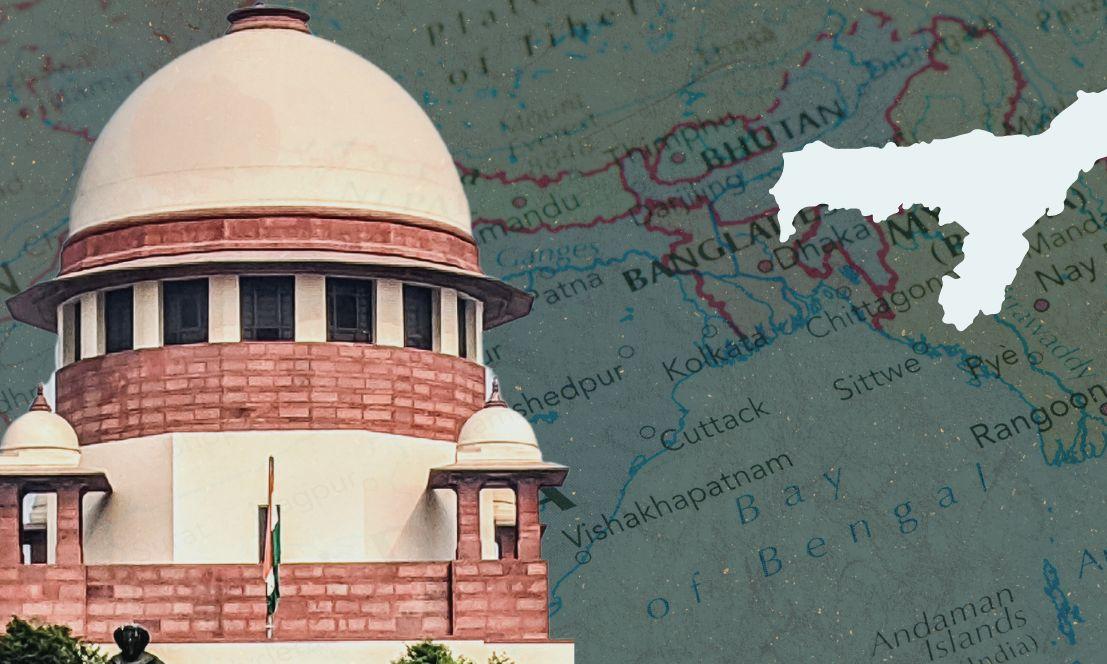
Supreme Court validates citizenship of Assamese immigrants under Constitution
text_fieldsThe Supreme Court delivered a crucial judgment on Thursday, affirming the constitutional legitimacy of Section 6A of the Citizenship Act, 1955, which grants citizenship to immigrants who arrived in Assam before January 1, 1966.
The ruling came from a five-judge bench, with Chief Justice DY Chandrachud presiding. While four judges, including the Chief Justice, supported the decision, Justice JB Pardiwala expressed a dissenting view.
Section 6A was introduced in 1985 following the Assam Accord, which marked the conclusion of a prolonged agitation against the influx of migrants from Bangladesh. This ruling has far-reaching implications, addressing the contentious issue of citizenship for immigrants in Assam, distinct from the rest of India.
The bench's majority opinion strengthens the legal framework underpinning the status of migrants in Assam, despite challenges from various groups who argue that this preferential treatment leads to demographic shifts, threatening the interests of the state's indigenous population.
Petitioners, including Assam Public Works and the Assam Sanmilita Mahasangha, have long argued that the provision undermines the rights of indigenous Assamese people by setting a separate cut-off date for citizenship, effectively reducing them to a minority in their own state.
Their case has highlighted the concern that this demographic shift threatens the preservation of Assamese culture and the political and economic well-being of the state's original inhabitants.
On the other hand, the Centre defended Section 6A, asserting that the Constitution grants Parliament the authority to determine citizenship matters. Some respondents warned that striking down the provision could render many residents stateless, severely affecting those who have enjoyed citizenship for over 50 years.























